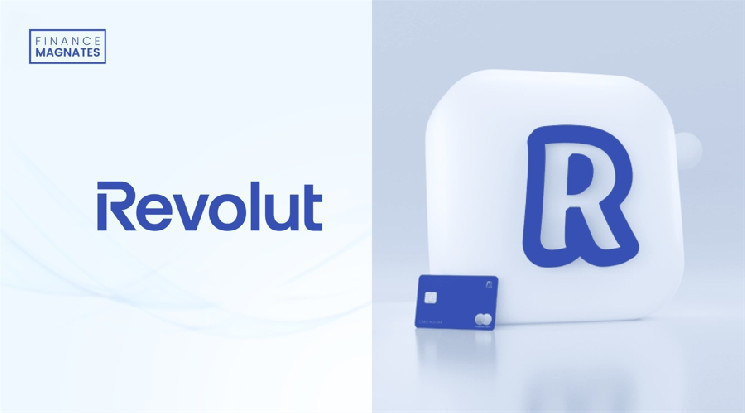Fintech giant Revolut is planning to launch its own stablecoin, Coindesk reported, citing sources familiar with the matter. With plans to strengthen its crypto-asset offerings, the London-based firm aims to join PayPal, Ripple, and BitGo in the highly profitable stablecoin market.
Insiders suggest the firm is positioning itself as a key player in the space, promising both compliance and security for crypto users. Revolut's ambition to introduce a stablecoin comes as the sector experiences an influx of new participants.
Stablecoin Market Set for New Entrants
Dominated by Tether's USDT, which has a market cap of approximately $119 billion, the stablecoin space is increasingly attracting fintech and blockchain firms.
Circle's USDC, the second-largest stablecoin, accounts for roughly a third of Tether's market size. Revolut's venture into this market follows similar moves by PayPal, which launched its stablecoin last year, while Ripple and BitGo have also disclosed plans to issue tokens soon.
Stablecoins, which are pegged to real-world assets like government-issued debt, provide a source of steady returns through interest payments, making them particularly attractive to companies. For instance, Tether reported a staggering $5.2 billion profit for the first half of the year.
Revolut Embraces Crypto
Revolut has long embraced cryptocurrency, having introduced crypto trading within its app several years ago. More recently, in May, the company launched a standalone cryptocurrency exchange targeting experienced traders, further showcasing its growing footprint in the digital asset world.
Revolut's stablecoin ambitions come at a time when regulatory frameworks, particularly in Europe, are beginning to take shape. The Markets in Crypto Assets (MiCA) framework is expected to provide clearer guidance on crypto-tokens, which could further legitimize and encourage growth within the industry.
With a UK banking license secured in July and a valuation of $45 billion earlier this year, Revolut aims to scale its operations. By entering the stablecoin market, the company seeks to diversify its offerings and capture a share of the growing demand for reliable and compliant digital currencies.
Stablecoins' profitability, driven by their link to real-world assets, could be a key revenue stream for the company as it continues to expand globally. However, competition could intensify as other major players like PayPal and Ripple enter the space.
 financemagnates.com
financemagnates.com
